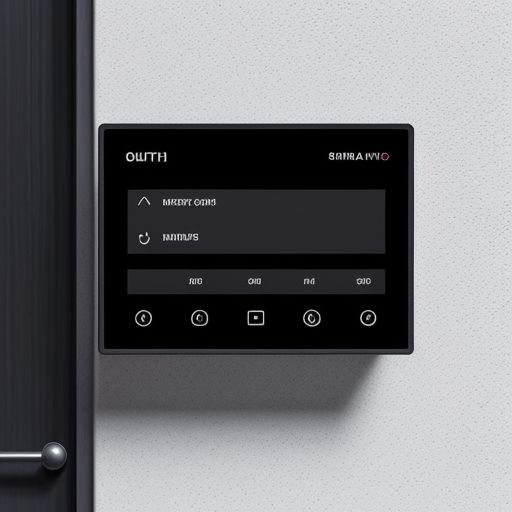Imagine this: you’re away on vacation, enjoying the peace and quiet, when suddenly, you get a notification on your phone. Your home security system has detected suspicious activity. Instantly, you’re able to access live footage from your security cameras and call the authorities if necessary. Having a robust security system provides not just peace of mind but also a crucial layer of protection for your loved ones and belongings.
But with a dizzying array of options available, how do you choose the best security system for your specific needs? This comprehensive guide will walk you through everything you need to consider, from understanding key features to navigating the world of security system components.
What Defines The Best Security System?
Before diving into the specifics, it’s important to define what constitutes the “best” security system. Ultimately, the ideal system is one that caters perfectly to your unique requirements and priorities. While one homeowner might prioritize advanced smart home integration, another might focus on professional monitoring services.
Key Considerations:
- Property Type: The type of property you own (apartment, house, business) significantly influences your security needs.
- Budget: Security systems range from affordable DIY options to comprehensive, professionally installed setups.
- Lifestyle: Consider factors like whether you live alone, have pets, or travel frequently.
- Level of Protection: Do you need basic intrusion detection or more advanced features like fire and environmental monitoring?
Essential Components of a Security System
Understanding the core components of a security system is crucial for making informed decisions:
1. Control Panel: The Brain of the Operation
 Security System Control Panel
Security System Control Panel
The control panel acts as the central hub of your security system. It connects all the other components and allows you to arm, disarm, and monitor your system. Look for panels with intuitive interfaces and features like cellular backup for enhanced reliability.
2. Sensors: The Eyes and Ears of Your System
Sensors are strategically placed around your property to detect any unusual activity. Common types include:
- Door and Window Sensors: These detect when doors or windows are opened or tampered with.
- Motion Sensors: Detect movement within a specific range, often used in high-traffic areas.
- Glass Break Sensors: Listen for the sound of breaking glass, providing an extra layer of protection.
3. Security Cameras: A Visual Deterrent and Evidence Gathering Tool
Security cameras act as both a deterrent and a valuable tool for capturing evidence in case of an incident.
- Types: Wired vs. wireless, indoor vs. outdoor, resolution, night vision capabilities.
- Features: Consider features like motion detection recording, two-way audio, and cloud storage options.
4. Alarm System: Sounding the Alert
The alarm system is what triggers a loud siren in case of a security breach.
- Audible Alarms: Act as an immediate deterrent and alert neighbors to potential danger.
- Silent Alarms: Notify the monitoring company or authorities without alerting intruders.
5. Professional Monitoring: 24/7 Peace of Mind
Professional monitoring services provide an extra layer of security. When your alarm is triggered, a trained operator verifies the alarm and contacts the appropriate authorities.
Frequently Asked Questions about Security Systems
Choosing a security system often comes with a lot of questions. Here are answers to some of the most common queries:
- What is the average cost of a home security system? Costs vary depending on system complexity, but expect to pay anywhere from a few hundred dollars for a DIY system to several thousand for a professionally installed and monitored system.
- Do I need professional installation? Many systems offer DIY installation, while others require professional setup.
- Can I use a security system with my smartphone? Many modern systems offer smartphone apps for remote control, monitoring, and receiving notifications.
- What is security.hanawaterbury.com/the-best-security-system/">The Best Security System for renters? Wireless, DIY systems are often ideal for renters due to their ease of installation and portability.
Conclusion: Making the Right Choice for Your Peace of Mind
Investing in a robust security system is an important decision for any homeowner or renter. By carefully assessing your needs, understanding the key components, and exploring available options, you can find the best security system to protect what matters most. Remember to prioritize features that align with your budget, lifestyle, and desired level of protection.